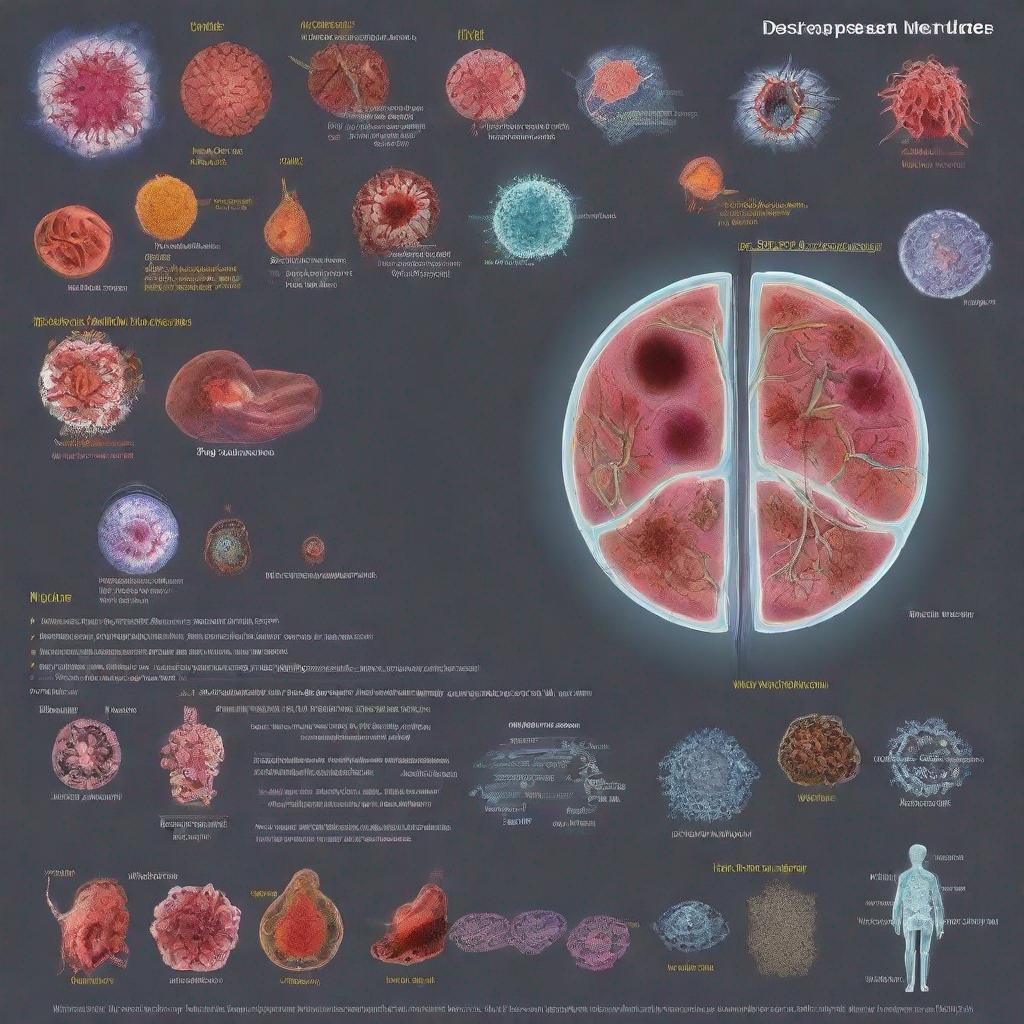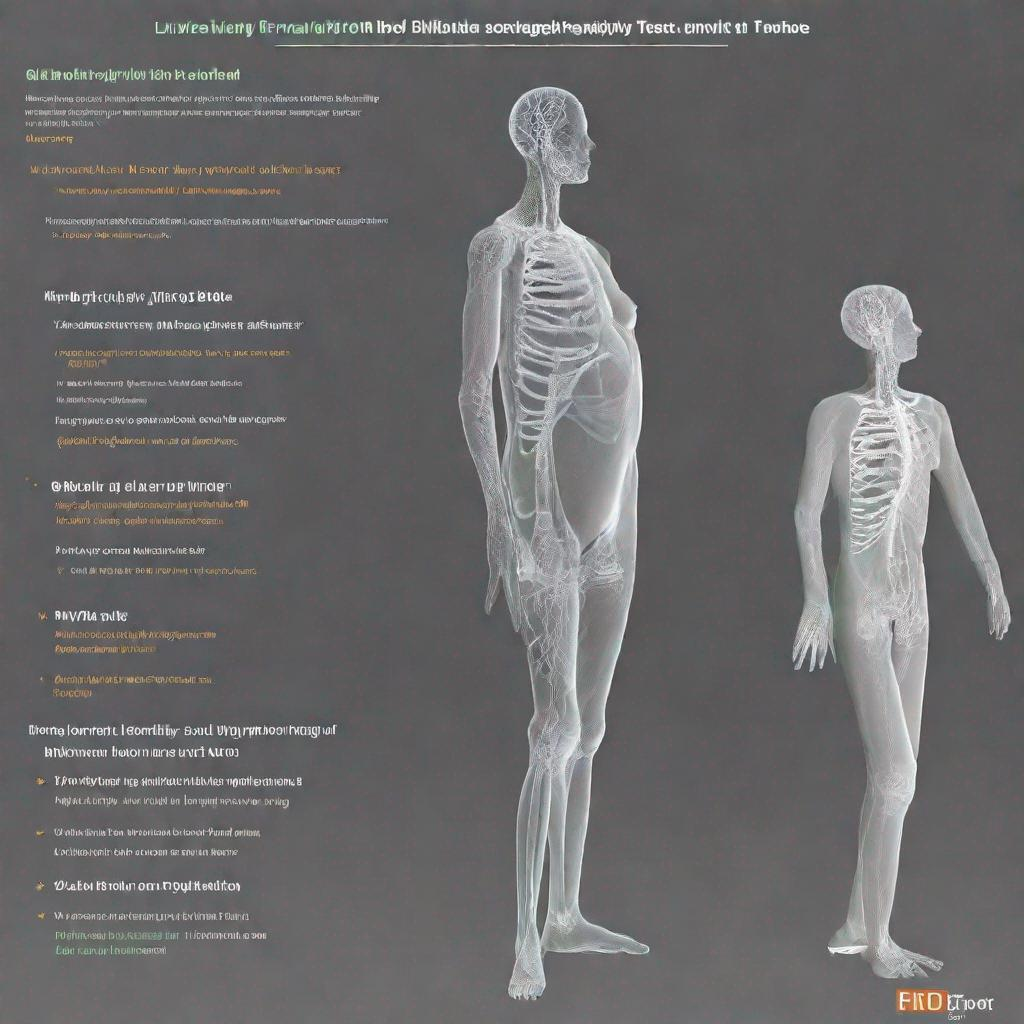## Glaucoma: The Silent Thief of Sight
**Introduction**
Glaucoma is a group of eye conditions that damage the optic nerve, the nerve that connects the eye to the brain. This damage can lead to vision loss and even blindness if left untreated. Glaucoma is often called the “silent thief of sight” because it usually causes no pain or other symptoms until significant vision loss has occurred.
**Symptoms**
The most common symptom of glaucoma is gradual vision loss, often in the peripheral vision (side vision). Other symptoms may include:
* Pain in the eyes
* Blurry vision
* Halos around lights
* Rainbow vision
* Vision loss
* Blind spots
**Diagnosis**
Glaucoma is diagnosed through a comprehensive eye exam that includes:
* **Tonometry:** Measures the pressure inside the eye (intraocular pressure or IOP)
* **Gonioscopy:** Examines the anterior chamber angle, where fluid drains out of the eye
* **Fundoscopy:** Looks at the back of the eye to check for damage to the optic nerve and retina
**Types**
There are several types of glaucoma, including:
* **Open-Angle Glaucoma:** The most common type, where fluid drains slowly from the eye
* **Angle-Closure Glaucoma:** A less common but more serious type, where fluid cannot drain from the eye
* **Normal-Tension Glaucoma:** A type of glaucoma where IOP is within normal limits but still damages the optic nerve
* **Secondary Glaucoma:** Caused by another eye condition or injury
**Prevention**
While there is no surefire way to prevent glaucoma, regular eye exams can help diagnose and treat it early on. Other preventive measures include:
* Controlling eye pressure
* Managing risk factors such as high blood pressure and diabetes
* Avoiding smoking and alcohol
**Treatment**
Treatment for glaucoma aims to lower IOP and prevent further damage to the optic nerve. Treatments may include:
* **Eye drops:** Lower IOP by reducing fluid production or improving drainage
* **Oral medications:** Also used to lower IOP
* **Surgery:** May be necessary if medications do not control IOP
**Complications**
Untreated glaucoma can lead to serious complications, including:
* **Glaucomflecken:** Dark spots on the retina
* **Iris Atrophy:** Thinning of the iris (colored part of the eye)
* **Optic Disc Cupping:** Cupping or excavation of the optic nerve head
* **Vision Loss:** Permanent vision loss or even blindness
**Recovery**
The prognosis for glaucoma depends on the severity of the condition and how early it is diagnosed and treated. With early detection and treatment, most people with glaucoma can maintain their vision. Regular follow-up appointments are important to monitor the condition and adjust treatment as needed.




